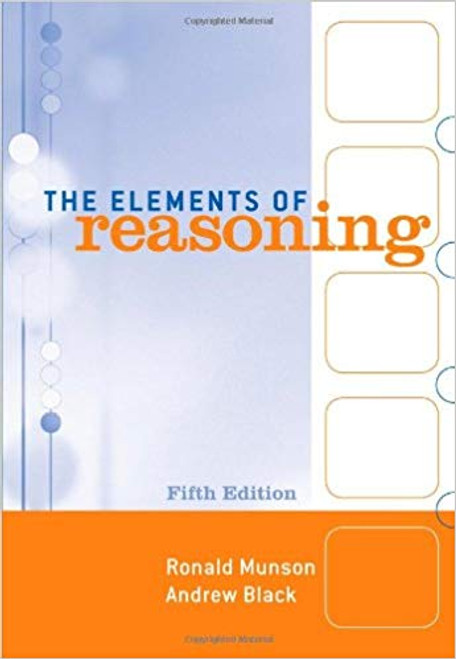Immanuel Kant’s Critique of Pure Reason, translated by F. Max Müller, is one of the most influential works in the history of philosophy, challenging the very foundations of human knowledge. In this unabridged edition, Kant meticulously explores the limits and scope of human perception, asking how we can truly know anything about the world beyond our immediate experiences. With groundbreaking insights into the nature of space, time, and causality, Kant establishes the groundwork for modern philosophy, proposing that while we can never know things "in themselves," our understanding is shaped by the structures of the mind. This edition, with its rigorous and faithful translation by Müller, offers a clear path through Kant’s dense, profound ideas, making this a must-read for anyone interested in the evolution of Western thought.
About the Author
Immanuel Kant (1724–1804), a German philosopher, is widely regarded as one of the central figures in modern philosophy. His Critique of Pure Reason revolutionized metaphysics and epistemology, laying the foundation for the German Idealist movement and deeply influencing subsequent philosophers like Hegel, Schopenhauer, and Nietzsche. Kant’s work bridged the gap between early modern philosophy and contemporary philosophical thought, offering a comprehensive theory of how we understand the world.
F. Max Müller (1823–1900), a noted scholar of philosophy and comparative religion, is best known for his contributions to the study of language, mythology, and Eastern philosophy. His translation of Critique of Pure Reason brings Kant's complex arguments to English-speaking readers, maintaining both accuracy and clarity in conveying the depth of Kant’s ideas.








